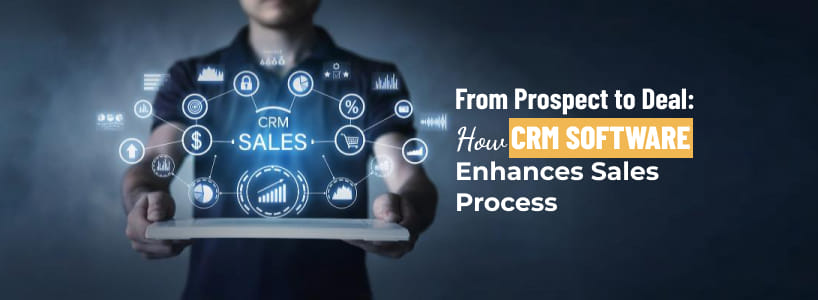In todays competitive business landscape, turning a prospect into a closed deal requires more than just charisma and a strong pitch. Modern sales teams are increasingly relying on Customer Relationship Management (CRM) Software to streamline their workflow, improve customer engagement, and ultimately drive more conversions. From initial contact to post-sale follow-up, CRM software acts as a digital partner every step of the way.
Centralizing Lead Information
The journey from lead to customer begins with understanding who your prospects are. A CRM system collects, stores, and organizes all relevant customer dataemails, call records, meeting notes, and even social media interactions. By centralizing this information, sales reps can access a 360-degree view of the prospect, ensuring no detail is missed and that every interaction is personalized and timely.
Automating Repetitive Tasks
One of the most time-consuming aspects of sales is the administrative loadmanual data entry, follow-up reminders, updating lead statuses. Sales process automation through CRM software frees up valuable time for sales professionals to focus on relationship-building and closing deals. Automated workflows can trigger follow-up emails, schedule meetings, and even flag inactive leads, all without lifting a finger.
Real-Time Insights and Analytics
Data-driven decision-making is key to a successful sales strategy. CRM tools offer real-time analytics, helping teams track key metrics such as deal velocity, conversion rates, and pipeline value. This allows managers to identify bottlenecks early and make informed adjustments. Reps, on the other hand, can use these insights to tailor their approach and optimize their performance.
Collaboration Across Teams
CRM platforms break down silos between departments by enabling seamless collaboration. Marketing teams can share lead nurturing content directly with sales, while customer support can provide insights that help close more deals. Everyone works from the same data pool, ensuring consistency in messaging and strategy.
Boosting Customer Experience
Ultimately, the goal is to deliver a great customer experience. CRM software makes it easy to keep track of every interaction and preference, allowing for a more personalized and responsive approach. When customers feel understood and valued, they're more likely to make a purchaseand become repeat buyers.
Choosing the Right CRM
Selecting the best CRM software for sales depends on your business size, goals, and sales complexity. Look for platforms that offer scalability, mobile access, integration with other tools, and user-friendly interfaces. Some popular options include Salesforce, HubSpot, Zoho, and Pipedrive.
Conclusion
A well-implemented CRM system transforms your sales process from reactive to proactive. It empowers your team to nurture leads effectively, close deals faster, and build lasting relationships. Whether you're a startup or an established enterprise, leveraging CRM software could be the key to unlocking your next level of sales success.
